Niger Coup Fallout: Nigerian Government’s Electricity Cut-off Draws Criticism and Concerns
In the aftermath of the recent military coup that ousted President Bazoum in the Republic of Niger, a controversial decision by the Nigerian government and the Economic Community of West African States (ECOWAS) to halt electricity supply to Niger has sparked outrage and concerns over its unintended consequences.
Former Kaduna Central senator, Shehu Sani, has emerged as a prominent critic of this move, lambasting the decision to cut off electricity supplies as a misguided approach that negatively affects the lives of ordinary Nigeriens. Taking to Twitter, Sani expressed his apprehensions about the impact of the electricity cutoff, pointing out that the action is not only impacting hospitals, schools, and homes but is also breeding discontent towards Nigeria among the people of Niger.
Sani’s statements have brought to light the harsh reality of the situation, shedding light on the implications of the electricity cutoff. His argument hinges on the idea that this action is not effectively pressuring the military junta that currently holds power in Niger, but is rather punishing the innocent citizens of the nation. The move, in his view, is only serving to intensify challenges in critical sectors like healthcare, education, and daily life.
Furthermore, Sani argued that the decision to sever electricity ties is inadvertently uniting Nigeriens in support of the new military government. He suggests that the collective efforts of France, ECOWAS, and Nigeria, instead of weakening the military junta, are paradoxically pushing the people of Niger to adapt to a life free from external dependencies.
As public tensions rise and criticisms mount, the Nigerian government’s strategy of cutting off electricity supplies to Niger remains under intense scrutiny. This development raises important questions about the efficacy of such measures in achieving their intended goals. As international observers closely watch the situation unfold, concerns are growing about whether the diplomatic strategies employed by various stakeholders will have the desired impact.
Amidst this intricate and evolving situation, one thing is certain: the fallout from the Niger coup and its subsequent ramifications continue to reverberate across the region, prompting soul-searching among leaders and citizens alike.

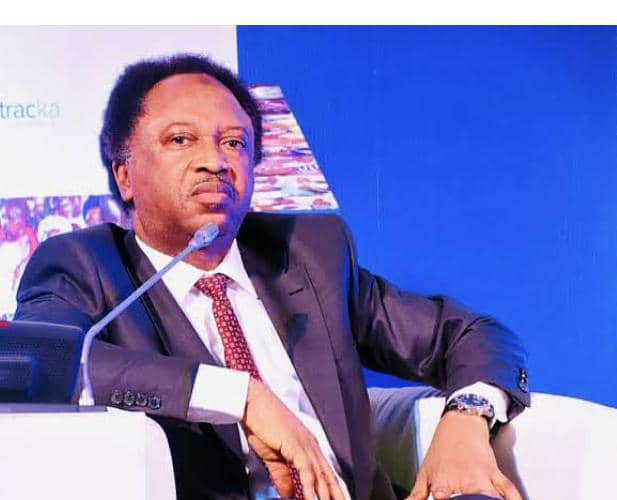
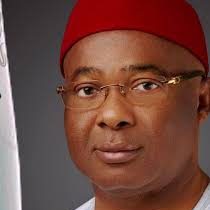

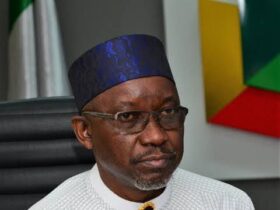

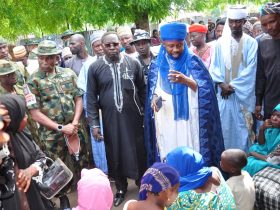
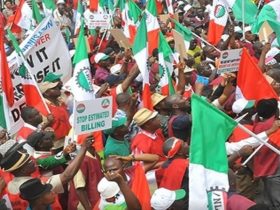

Leave a Reply